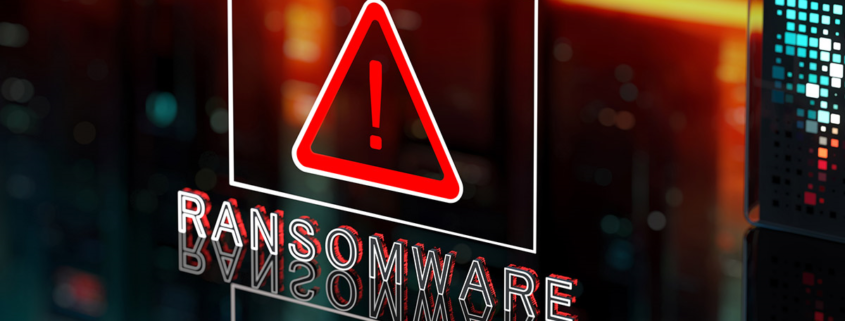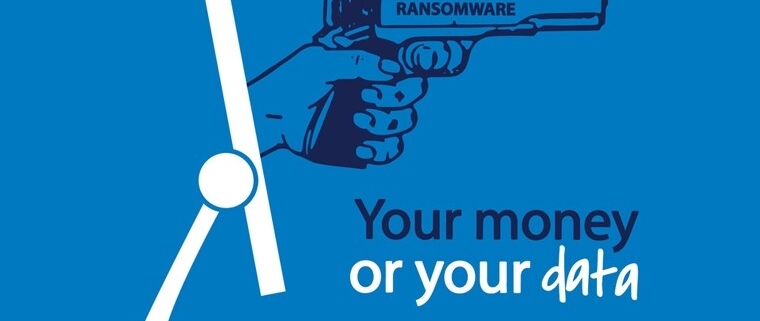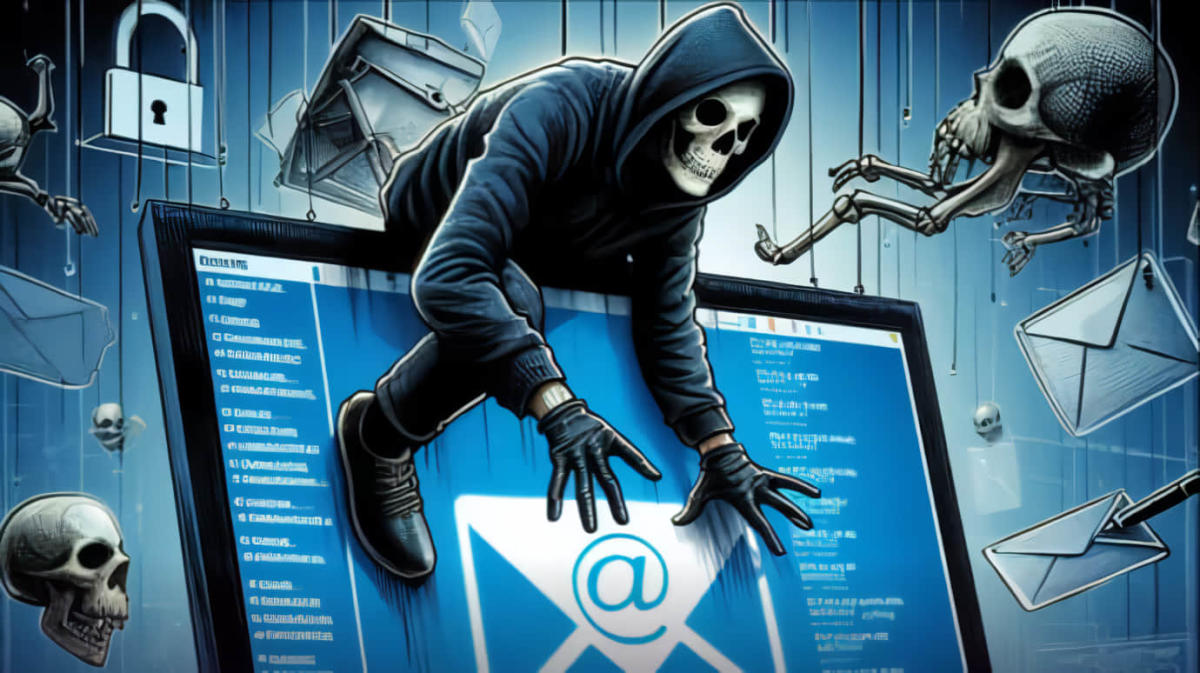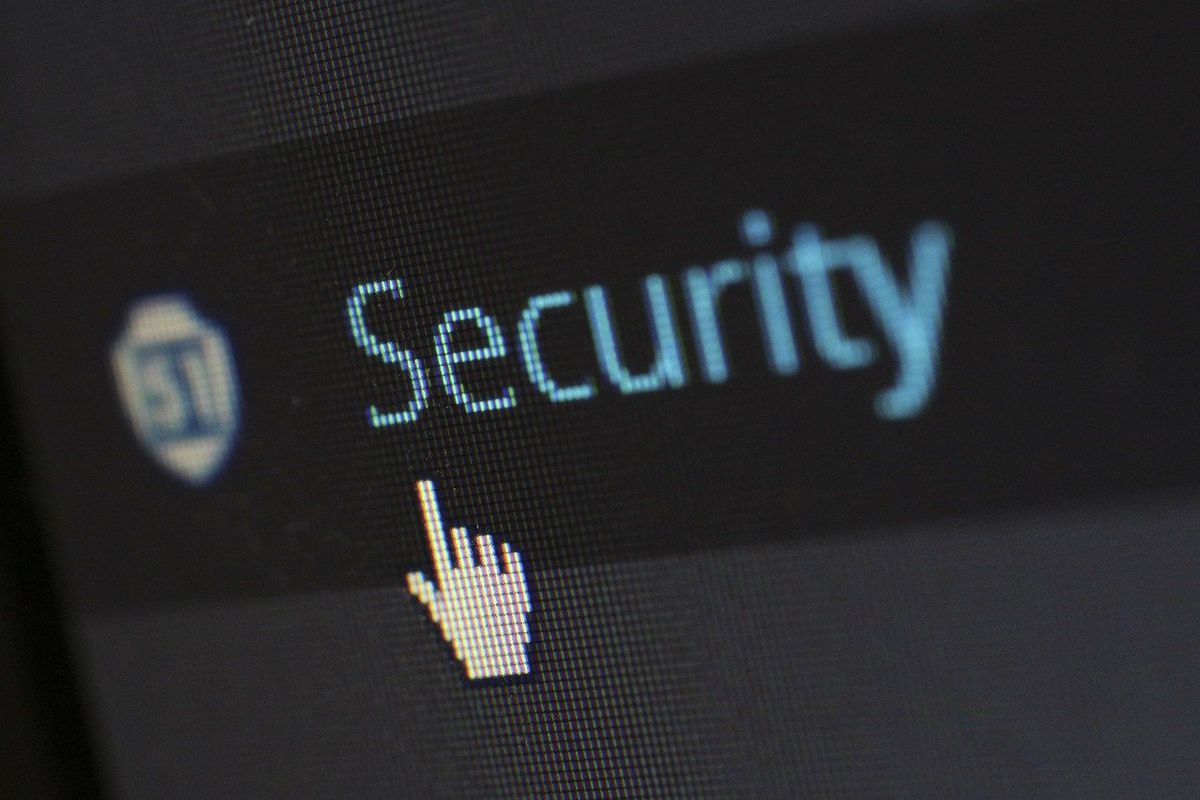Compromised backups send ransomware recovery costs soaring
There’s a common misperception that to defeat ransomware attacks, organizations must simply back up their systems and data. Unfortunately, that’s not necessarily the case. Organizations must back up their systems and data, but they must also protect those backups as if their business survivability depended on it, because it likely does.
Consider a report from cybersecurity firm Sophos, published last month, revealing an alarming trend: Ransomware attackers increasingly target and compromise victims’ backups. And, in doing so, they are increasingly crippling the victim’s ability to recover maliciously encrypted files without having to pay the ransom demand.
Based on a survey of nearly 3,000 organizations hit by ransomware in the past year, the study found that a staggering 94% of respondents reported attempts by cybercriminals to compromise their backups during the attack. In specific sectors such as state and local government as well as media and entertainment, this figure soared to 99%.
Attackers know that when potential victims can simply recover their systems and data from backups, the attacker loses their leverage. However, by successfully compromising backups, the script is flipped: Victims lose any leverage they may have. And this drives the costs of ransomware relatively high. Data from Sophos’s survey shows that organizations whose backups were compromised faced the following:
- 63% higher rate of data encryption, 85% vs 52% if backups are not compromised.
- More than double the median ransom demand at $2.3 million compared to $1 million if backups remain intact
- 67% paid the ransom, compared to just 36% if backups were available
- A median ransom payment of $2 million is nearly double the $1.062 million paid by those with secure backups
Backups are the start
There is good news here: Lots of organizations are backing up their data. That’s a great start in the successful recovery from a ransomware attack. The bad news is that not enough organizations are protecting these backups from attack. Sophos found that attackers have very high success rates in some industries. For instance, the success rate of energy utilities’ backup compromises reached 79%. However, in IT/technology…



